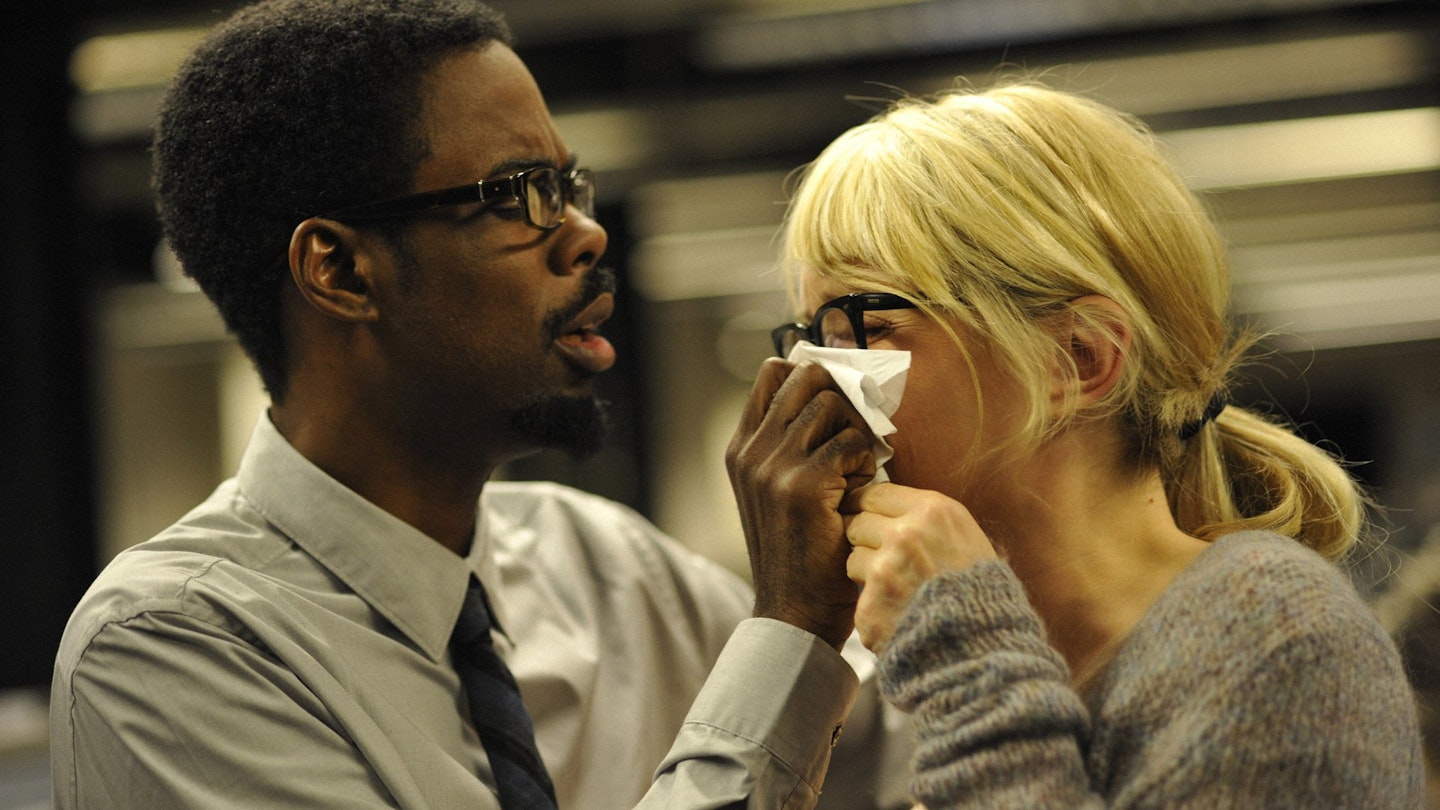Julie Delpy's second self-penned (and in this case, directed) sequel repeats the trick of Before Sunrise and Before Sunset (co-written with Ethan Hawke and Richard Linklater), following in an accomplished original’s footsteps yet somehow improving upon it. Offering a goofy but insightful counter-view to the Before films’ unabashed faith in true love, the film finds Delpy’s Marion split from 2 Days In Paris’ Jack (played by Adam Goldberg) and now with colleague Mingus (Chris Rock) and their two children.
But their life of domestic bliss in midtown Manhattan is shattered when Marion’s eccentric, grieving widower father (Albert Delpy) and sister Rose (Alexia Landau) pop over from Paris, accompanied by Rose’s boyfriend, Manu (Alexandre Nahon), who — to complicate matters further — is one of Marion’s many exes from the first film.
The scene is set for more broad comedy as the two cultures clash again. Delpy, Paris-born but an habituée of New York, is aware of the foibles of both, and affectionately makes fun of them with gusto. So the noisy, nutty but unrestrainedly sexy Frenchies descend on the Big Apple — a city with quirks of its own, for all its buttoned-up exterior — causing mayhem wherever they go.
The still point amid the chaos is straight man Mingus (Rock on appealing form), increasingly bewildered by his Gallic in-laws and reduced to offloading to his lifesize cardboard cut-out of Barack Obama.
Like the first, there’s not much plot, just misunderstandings, tears, arguments, recriminations and reconciliations. Once more we encounter Daniel Brühl as the first film’s eco-terrorist, now a Swampy-style tree-hugger, while Vincent Gallo pops up in a bonkers but somehow brilliant cameo.
Delpy’s Parisian-eye view of New York is fresh and seductive. She has mastered that quintessentially French near-farcical comic style, keeping the pace breakneck and the dialogue fizzing. Yet amid the lunacy, Delpy finds time to return to key themes of love, life and loss. Now 43, her voice carries the timbre of experience: there’s a streak of sadness as Marion accepts the inevitable end of romance. Yet for all the world-weariness she presents (and represents), there’s a deliciously fun absurdity and an irrepressibility about Delpy that, even as she offers us an overtly jaded world, it’s still one in which it’s a pleasure to spend time.
